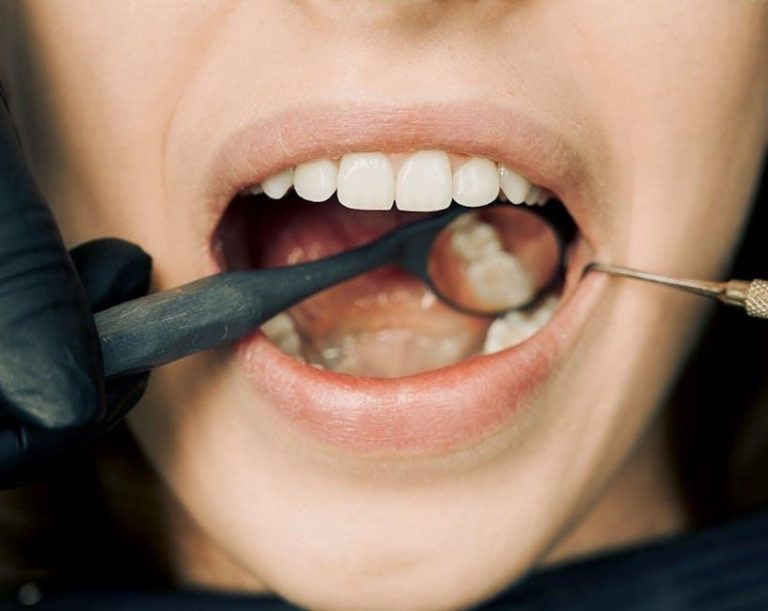
NHS Dentistry: 700,000 Extra Urgent Appointments Set to Be Rolled Out | Dentistry UK
If you’ve struggled to get a timely dental appointment under the NHS, relief is on the way. The NHS is rolling out a significant expansion, with 700,000 extra urgent dental appointments nationwide to help patients access critical dental care faster. This long-awaited boost is designed to ease pressure on dental services and improve urgent dental care access across the UK.
In this comprehensive guide, Dentistry UK breaks down what this expansion means for NHS dentistry patients, how the system will benefit you, and practical tips for securing your urgent dental appointment with ease.
Understanding the NHS Dentistry Urgent Appointment Expansion
The NHS has acknowledged the growing demand for urgent dental appointments, particularly since many patients faced delays during the COVID-19 pandemic and in its aftermath. To address this challenge, NHS England is set to provide an additional 700,000 urgent dental appointments in the coming months. This initiative aims to:
- Reduce waiting times for urgent dental care
- Relieve the backlog caused by pandemic restrictions
- Ensure equitable access to timely treatment for dental emergencies
- Support NHS dental practitioners with additional resources
This move is part of a wider NHS strategy to restore normality and offer improved patient experience within NHS dentistry.
Why Are Extra Urgent NHS Dental Appointments Needed?
Several factors contribute to the need for more urgent dental appointments in the NHS system:
- Post-pandemic backlog: Many routine and urgent cases were delayed, leading to a significant backlog.
- Increased patient demand: The population continues to grow and age, increasing the need for dental services.
- Lack of NHS dentist availability: A shortage of dentists accepting NHS patients in some areas delays urgent care access.
- Oral health disparities: Some communities suffer from poorer oral health, heightening urgent dental needs.
The NHS appointment expansion is strategically designed to address these challenges head-on.
What Counts as an Urgent Dental Appointment?
Urgent NHS dental appointments focus on treating conditions that require prompt attention to relieve pain, prevent infection, and stop further oral health deterioration. Examples include:
- Severe toothache or dental pain
- Infections such as dental abscesses
- Broken or knocked-out teeth
- Bleeding gums or oral injuries
- Swelling in the mouth or face related to dental problems
Routine dental check-ups and elective treatments do not qualify as urgent appointments but remain vital for long-term oral health maintenance.
Benefits of Extra Urgent NHS Dental Appointments
The introduction of these additional appointments comes with numerous advantages for patients and dental service providers alike:
- Faster access to pain relief: Patients suffering from dental emergencies won’t have to endure long waiting periods.
- Reduced pressure on A&E departments: Many dental emergencies that would otherwise visit emergency rooms can be treated properly in community dental clinics.
- Improved overall dental health: Early intervention prevents complications and more invasive treatments later on.
- Enhanced NHS dental workforce support: Dentists receive funding and resources to manage urgent cases better.
- Increased patient trust and satisfaction: Quicker appointments help restore confidence in NHS dental care services.
How to Secure an NHS Urgent Dental Appointment
Getting an urgent NHS dental appointment can still seem challenging to many, but following these practical tips can help:
- Contact your local NHS dental practice: Always call your registered NHS dentist first if you experience dental pain or emergency.
- Use NHS 111 services: This service can help triage your urgent dental needs and direct you to the nearest available NHS providers.
- Be clear and detailed: When booking, clearly explain the urgency and symptoms to ensure your condition is prioritized.
- Check for local urgent care clinics: Some areas have dedicated NHS urgent dental care centres for emergency cases.
- Consider NHS dental websites: Use regional NHS dental portals to find information and possible online appointment bookings.
Prompt action is critical — don’t delay seeking help for urgent dental problems.
Case Study: Patient Experience – Sarah’s Story
Sarah, a 35-year-old London resident, faced a severe toothache during the pandemic when NHS appointments were scarce. After months of delay, with the rollout of 700,000 extra urgent dental appointments, Sarah was able to secure an appointment within days.
“I was in constant pain, worried about the infection getting worse. Thanks to the new NHS urgent appointments, I saw a dentist quickly, got antibiotics, and avoided surgery. It’s a huge relief knowing help is more accessible now.”
Her experience echoes countless others benefiting from the urgent NHS dental care enhancement.
Table: NHS Urgent Dental Appointment Rollout Overview
| Key Area | Details |
|---|---|
| Number of Extra Appointments | 700,000 |
| Target Patients | Urgent dental cases across the UK |
| Main Objective | Reduce waiting times and ease backlog |
| Expected Start | Mid 2024 |
| Referral Platforms | NHS 111, local dental clinics |
Practical Tips for Maintaining Good Oral Health
While urgent dental care is critical in emergencies, prevention remains the best health strategy. Consider these everyday oral health tips:
- Brush teeth twice daily with fluoride toothpaste
- Floss daily to remove plaque between teeth
- Limit sugary snacks and drinks
- Visit your NHS dental practice regularly for check-ups
- Avoid tobacco and excessive alcohol consumption
Maintaining good dental hygiene can reduce the need for urgent dental appointments in the first place.
Conclusion: What the Rollout Means for Patients and NHS Dentistry
The NHS’s commitment to rolling out 700,000 extra urgent dental appointments is a welcome and vital step toward enhancing NHS dentistry access across the UK. Patients grappling with dental emergencies can look forward to quicker relief and more consistent care. This expansion also supports dental professionals in managing urgent cases more effectively, helping NHS services operate more smoothly post-pandemic.
By staying informed, acting promptly on dental symptoms, and maintaining good oral health, you can ensure that you benefit fully from these improvements in NHS dentistry. To stay updated with local NHS dental services, regularly check the NHS official website or get in touch with your nearest NHS dental practice.
Remember, timely urgent care is just a phone call away — don’t ignore dental pain or emergencies.


